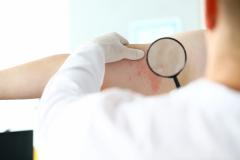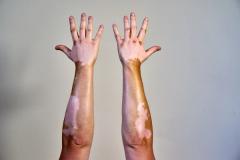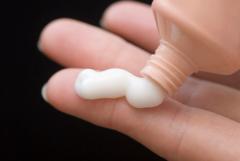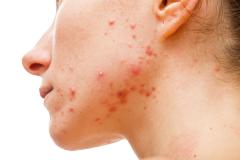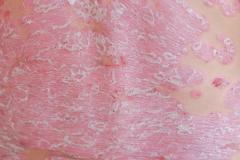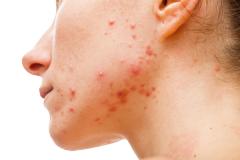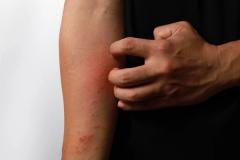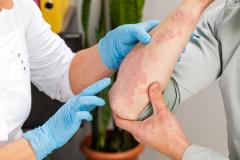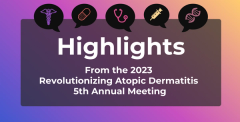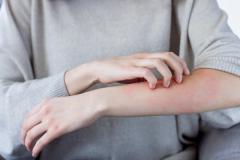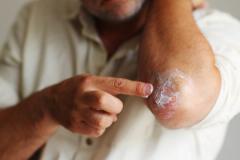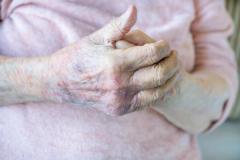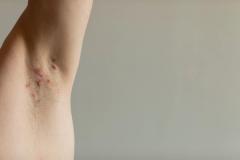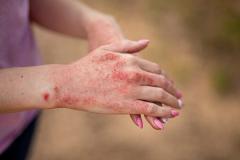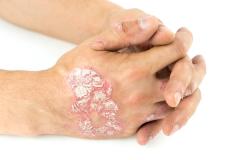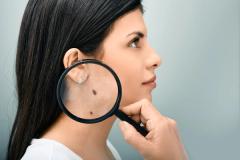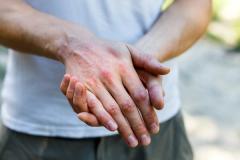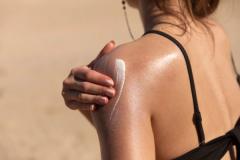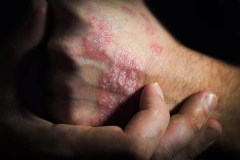
Dr Laura Ferris Discusses Safety, Efficacy of JNJ-2113 in Patients With Plaque Psoriasis
Laura Ferris, MD, PhD, professor of dermatology, University of Pittsburgh, shares 16-week safety and efficacy data from the FRONTIER 2 clinical trial on JNJ-2113 for patients with moderate to severe plaque psoriasis.
This content was produced independently by The American Journal of Managed Care® and is not endorsed by the American Academy of Dermatology.
At the end of the study period, 76.2% of patients experienced significant improvements in symptoms after 16 weeks of JNJ-2113, the first and only investigational targeted oral peptide designed to block the interleukin-23 (IL-23) receptor to treat patients with plaque psoriasis, says Laura Ferris, MD, PhD, professor of dermatology, University of Pittsburgh.
Transcript
Can you provide an overview of the methodology used in the phase 2b FRONTIER 2 clinical trial to assess the efficacy and safety of JNJ-2113 in patients with moderate to severe plaque psoriasis?
This was a double blind, placebo controlled, multidose study. Patients started in a study called FRONTIER 1, where they received either a placebo or 1 of 5 doses of an oral peptide. The primary end point of that study was week 16. For FRONTIER 2, patients at week 16 went into a long-term extension where they continued on the dose of medication they were already taking, or for those patients taking placebo, they crossed over to another dose of 100 mg once a day, which was the second highest dose studied.
The efficacy end point that we use for most psoriasis studies is a PASI [Psoriasis Area and Severity Index] response looking at the percentage of patients who have reached a certain threshold. The primary end point for this was the percentage of patients that reach a PASI 75 response, so 75% improvement. But we also looked at PASI 90, so 90%, and even PASI 100, so complete clearance, and also Investigators Global Assessment of clear skin or clear/almost clear skin, as well. Other efficacy end points that we looked at were improvement in scalp psoriasis, patients signs and symptoms of psoriasis, and then safety as well.
What were the primary end points of the study, and how were they measured?
The primary end point of the study was PASI 75 response, so looking at the area and severity index of patients when they started the study, at the beginning of FRONTIER 1 and the placebo control period, and then looking out to 1 year to see what percentage of patients had skin that was 75% or more improved. For the highest dose, which is 100 mg BID [twice daily], 76.2% of patients had an improvement in their PASI score of 75% or greater.
Newsletter
Stay ahead of policy, cost, and value—subscribe to AJMC for expert insights at the intersection of clinical care and health economics.



